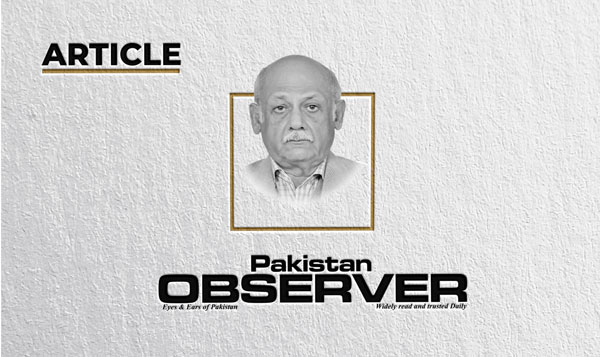Why is education necessary
EDUCATION is the elixir of life. It is the process which aids learning, acquiring knowledge and skills.
Education upgrades the thinking of society and helps to uproot social evils. It helps the uniform development of a nation by combating the inequalities of society. Education brings positive changes in human life.
It enhances the knowledge, skill, and intelligence of a person and enables him to lead a successful life. Education makes people independent. Furthermore, it increases knowledge, strengthens the mind and forms character.
Moreover, education enables people to put their potentials to optimum use. Education is also a type of reform for the human mind. Education makes us humble. Education creates awareness and expands our vision. We become more aware about our-self, about the society, about everything that surrounds and affects our life.
Education enables us to earn our livelihood. Education empowers us to get a good job. We need money to make our living. With the advancement of science and technology, our needs have increased.
Besides the basic needs of life such as food, shelter and clothing, we also need other comforts such as mobile phones, air-conditioners, cars, etc. A fulfilling career ensures a satisfied life.
By all international standards the standard and level of education in Pakistan leaves a lot to be desired.
Even in the 21st century the level of literacy in the country is hardly 63 percent and the government spending or investment in the education sector is shamefully low. Cumulative education expenditures by federal and provincial governments in FY2021 remained at 1.77pc of GDP.
According to the 2021-22 Economic Survey of Pakistan, the cumulative education expenditure by the federal and provincial governments in the financial year 2020-21 totalled 1.77 per cent of GDP against 1.9 per cent in 2019-20, 1.98 per cent in 2018-19 and 2.12 per cent in 2017-18. This is clear proof that Pakistan’s public education spending as a percentage of the gross domestic product is gradually declining, reveals the latest government figures.
All provinces recorded higher literacy rate. It went up from 66.1 per cent to 66.3 per cent in Punjab, from 61.6 per cent to 61.8 per cent in Sindh, from 52.4 per cent to 55.1 per cent in Khyber Pakhtunkhwa and from 53.9 per cent to 54.5 per cent in Balochistan.
A significant improvement was witnessed in the overall education situation based on the key indicators such as enrolments, number of institutions and teachers.
Since the birth of Pakistan education was never required to contest elections or even to reach the highest political office in the country and consequently most members of our legislative bodies were always woefully short of any formal education.
It was only before the 2002 general elections that the military dictator Pervaiz Musharraf amended the election laws and made it mandatory for candidates to have at least a bachelor’s degree to hold a seat in the national or provincial assemblies.
The National Assembly of Pakistan in 2002 consisted of members with graduate degrees but ironically a research to compare the performance of legislators elected before the degree requirement showed that the levels of education made no difference in the performance of the elected representatives and consequently the requirement of education for contesting elections has been set aside and today again every Pakistani has the right to contest elections without any formal education.
Currently the government is spending 1.77 per cent of the GDP on education which is the lowest among South Asian countries in the financial year 2023.
On the contrary, the government needs to spend 5.7% of GDP to increase the quantity and quality of teachers and educational infrastructure in line with the Education 2030 Framework for Action of Sustainable Development Goals, as per the Annual Report published by the State Bank of Pakistan (SBP) on the State of Pakistan’s Economy.
According to Labour Force Survey 2021, about 27 million children between the ages of 5-15 were illiterate in 2021 whereas around 27mn children between the ages of 5-15 were illiterate in 2021.
When it comes to improving the quality of education in developing countries, political will is the most important factor–even more so than budgetary constraints.
Political will lies at the heart of the issue and if motivation is needed to change the status quo, it must come from the highest levels.
Historically, the Pakistani government has not had the political will to focus on assessing education indicators and outcomes. Instead, it has focused most of its attention on keeping the country safe from internal and external threats.
From border skirmishes and nuclear threats, most of the political will in Pakistan is geared towards building up the country’s military and defence system, which explains the large budgetary allocations to defence in contrast to funding for education.
Since the inception of Pakistan, each government has pushed their own respective agenda forward, each more aggressive than the last.
However, no government has reformed education to make it more accessible. Unfortunately, the lack of political will to prioritize education at the highest levels of government in Pakistan flows to lower provincial and district levels.
As a consequence, schools in Pakistan often have low levels of learning, and poor academic performance and educational outcomes. Other obstacles that schools often face are the lack of security systems and basic facilities.
—The writer is Professor of History, based in Islamabad.










